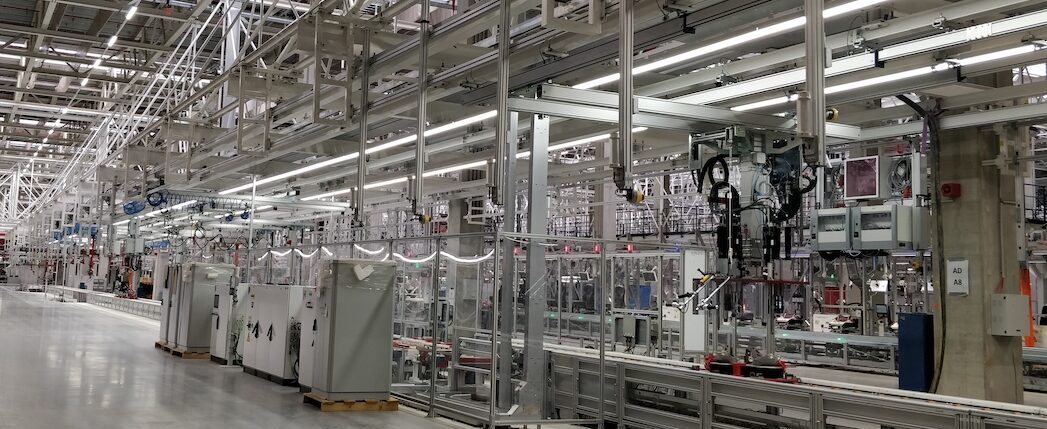
European Union lawmakers delayed the final vote on banning production of internal combustion engine cars by 2035. The legislative process would typically be a formality. Germany, the bloc’s biggest carmaker, asked for provisions to allow e-fuels to be used in ICE cars produced beyond the cut-off year.
German carmakers are already well on the way to electrifying their fleets but are still making ICEs. The EU has pressured carmakers to reduce emissions, and this law is key to the bloc’s target of cutting emissions by 55% by 2030 and reach climate neutrality by 2050.
“It’s at least a surprising last-minute pull back. Most carmakers already anticipated a phase out of ICE sales before 2035, and several European countries are even more ambitious … 2035 already was compromise,” Rico Luman, senior economist for transport, logistics and automotive at ING Research, told Lubes’n’Greases. “The move is aimed at providing more flexibility to adapt for the massive German automotive industry and particularly the automotive supplier industry.”
Synthetic e-fuels are made from captured carbon and produced hydrogen and are made with power from renewable electricity. There are concerns that e-fuels offer little benefit for road transport since they are more expensive than conventional fuels.
“Synthetic fuels are not an efficient and viable solution for new cars anytime soon – rather for powering aircraft or industrial processes. Synthetic fuels might be a future solution to speed-up the decarbonization of the installed base, if decarbonization in the run up to 2050 is too slow,” Luman said.
Germany’s automotive sector employs more than 800,000 people, with 470,000 of them by original equipment manufacturers. EVs’ design and manufacture are simpler than ICE cars, and the transition to e-mobility will likely impact jobs. Ford Europe will lay off 3,800 staff mostly in Germany and the United Kingdom for this reason.
“EVs contain far less components, and different components. Consequently, the automotive sector has to completely reinvent itself and restructure organizations and the labor force accordingly. This requires a long a transition period, and perhaps longer than initially thought, to avoid becoming dependent on China and export parts of its industry,” Luman said.
Simplified production, especially of engine parts, will impact metalworking fluid demand, as well as engine oil.

Sorry, a technical error occurred and we were unable to log you into your account. We have emailed the problem to our team, and they are looking into the matter. You can reach us at cs@lubesngreases.com.
Click here link to homepage